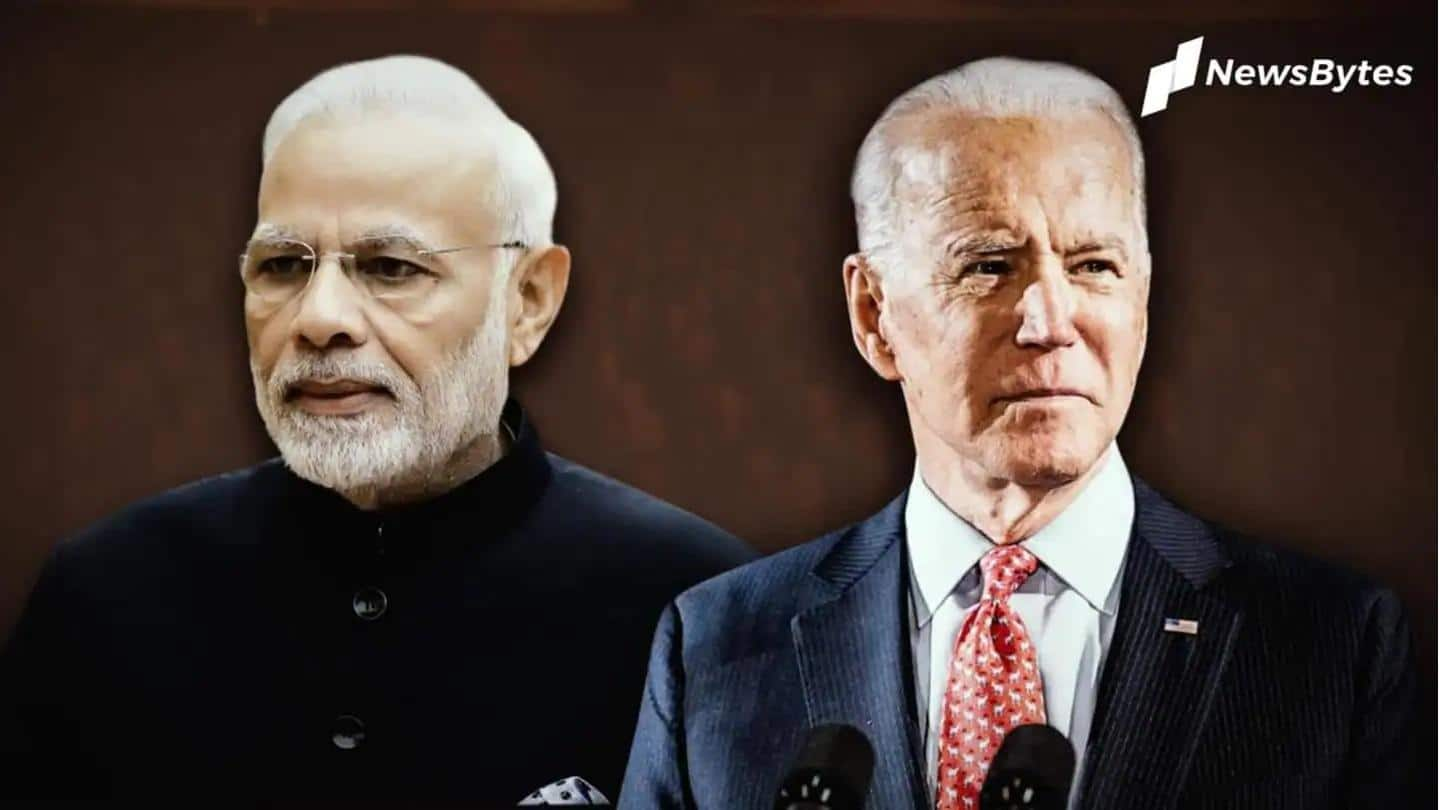
US House approves India-specific waiver over Russian missile deal
What's the story
The US House of Representatives approved the legislation that recommended an India-specific waiver under the Countering America's Adversaries Through Sanctions Act (CAATSA), on Thursday.
Introduced by Indian-American Congressman Ro Khanna, the amendment urges the Joe Biden administration to use its authority to "provide India with a CAATSA waiver to help deter aggressors like China."
However, it still has a few steps from becoming law.
Context
Why does this story matter?
Under the CAATSA--brought in 2017--the US imposes sanctions on those countries that have "significant transactions with Iran, North Korea or Russia."
The US has already put sanctions on Turkey over the procurement of S-400 missile systems from Russia.
In October 2018, India had signed a $5.43B deal with Russia for five squadrons of S-400s despite a warning from the then Donald Trump administration.
Not a law
House voted 330 to 99 in favor of the amendment
The House voted 330 to 99 in favor of the amendment, however, it is not yet a part of the law.
With the passage of the amendment to the National Defense Authorization Act (NDAA), the Senate must now approve its version.
Following this, lawmakers must reach a consensus, that authorizes more than $800B in defense spending, prior to voting again later this year.
China
Amendment is of utmost importance, says Khanna
"The United States must stand with India in the face of escalating aggression from China. As Vice Chair of the India Caucus, I have been working to strengthen the partnership between our countries and ensure that India can defend itself along the Indian Chinese border," said Ro Khanna, the representative from California's 17th congressional district.
"This amendment is of the utmost importance," he further said.
Twitter Post
US-India partnership
There is no relationship of greater significance to US strategic interests than the US-India partnership.
— Rep. Ro Khanna (@RepRoKhanna) July 14, 2022
My bipartisan NDAA amendment marks the most significant piece of legislation for US-India relations out of Congress since the US-India nuclear deal. pic.twitter.com/uXCt7n66Z7
Deal
India's defense acquisitions guided by its national security interests: MEA
After the October 2018 deal, it was speculated that Washington would impose a sanction on India.
However, Secretary of State Antony Blinken had said in April that the US hadn't made a final decision on sanctions on India.
Talking about the deal, the Ministry of External Affairs had said that India's defense acquisitions are guided by its national security interests.
Modi-Biden
Khanna's amendment lauded ICET
The amendment also appreciated the Initiative on Critical and Emerging Technologies (ICET) as an "essential step" to forge closer partnerships between the two countries.
ICET was announced during the Tokyo summit between President Joe Biden and Prime Minister Narendra Modi.
"Such collaborations between engineers and computer scientists are vital to help ensure that the United States and India...facilitate technological advances...outpace Russian and Chinese technology."